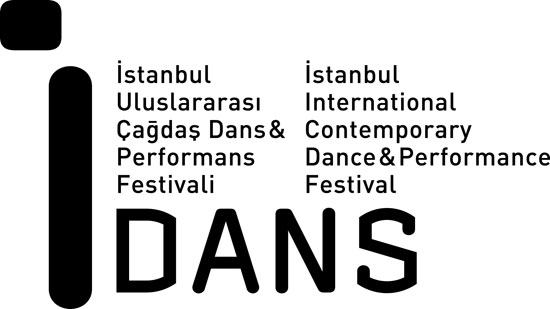When we talk about Turkey the headlines often refer to the denial of the Armenian genocide or their potential inclusion in the European Union. Less frequently do we have a chance to appreciate and celebrate the rich cultural heritage of this country, full of treasures and traditions from past civilizations. This year, everything changes: Istanbul was elected European Capital of Culture 2010. The many cultural and artistic activities organized will give ample opportunities for the city to showcase the roots of this blend of east and west, and its modern-day multiculturalism.

The Bosporus Bridge in Istanbul symbolizes the essence of Turkey: it joins Europe and Asia. This particular geographic situation has determined the identity and transformation of this country, making it a meeting place for diverse cultures and civilizations. Despite not yet being a member state of the European Union, though its inclusion has been in the works since 2005, Turkey attracts many students via the European Erasmus Exchange and millions of tourists, hungry to discover the country’s riches and transformations. Essen in Germany and Pécs in Hungary have also been elected European capitals of culture for 2010.
Istanbul 2010
This year the ancient Constantinople will become a cradle for visual arts, music, opera, film, documentaries, cartoons, literature, theatre, performance and street art. Being nominated as a European capital of culture represents a huge push for the city both culturally and economically, and an incredible opportunity for visitors to get closer to its history and current dynamism.
Over 467 projects are planned during the course of the coming year, everything from concerts by Eric Clapton and U2, to a performance in an avant-garde space of the work Garajistanbul, which tells the story of 46 street vendors (the florist, the shoe-shiner, the merchant of juices, spices or perfumes…). A new Istanbul is ripe to be discovered, and lies in wait doors open to the outside world, where the population may not have access to the effervescence of this bubbling metropolis.
Urban renovation and preservation is another important goal of this nomination. Since UNESCO threatened to delete Istanbul from the list of world heritage sites if it did not look after its historic walls, this nomination is a chance to get things in order. For example, an ancient Armenian church will be renovated to become a cultural centre; other monuments receiving preservation attention include the Byzantine Theodosian walls, the peninsula surrounding the Hagia Sofia and the Ottoman Topkapi Palace.
Europe or not?
You might be thinking that this nomination poses a paradox, given that Turkey is not in Europe. Like Norway, where the city Stavangerm was a European Capital of Culture in 2008. Technically, both of these cities are in Europe, religious, economic and political questions aside. Despite being a secular republic, where only 60% of the population is Muslim and the use of the veil is prohibited in government buildings, schools and universities, Turkey continues to be a battleground in the matter of European unification. Some say that its unification with the island of Cypress is necessary for its entrance, while others say it’s because it doesn’t form part of the “Christian Club.”
What is for sure is that the relations between east and west have never been more visible. Come and take advantage of a chance to watch as this unprecedented metamorphosis unfolds together with the 10 million visitors expected this year, and rent a comfortable and affordable apartments in Istanbul, perfect for a relaxing stay!

 English
English

